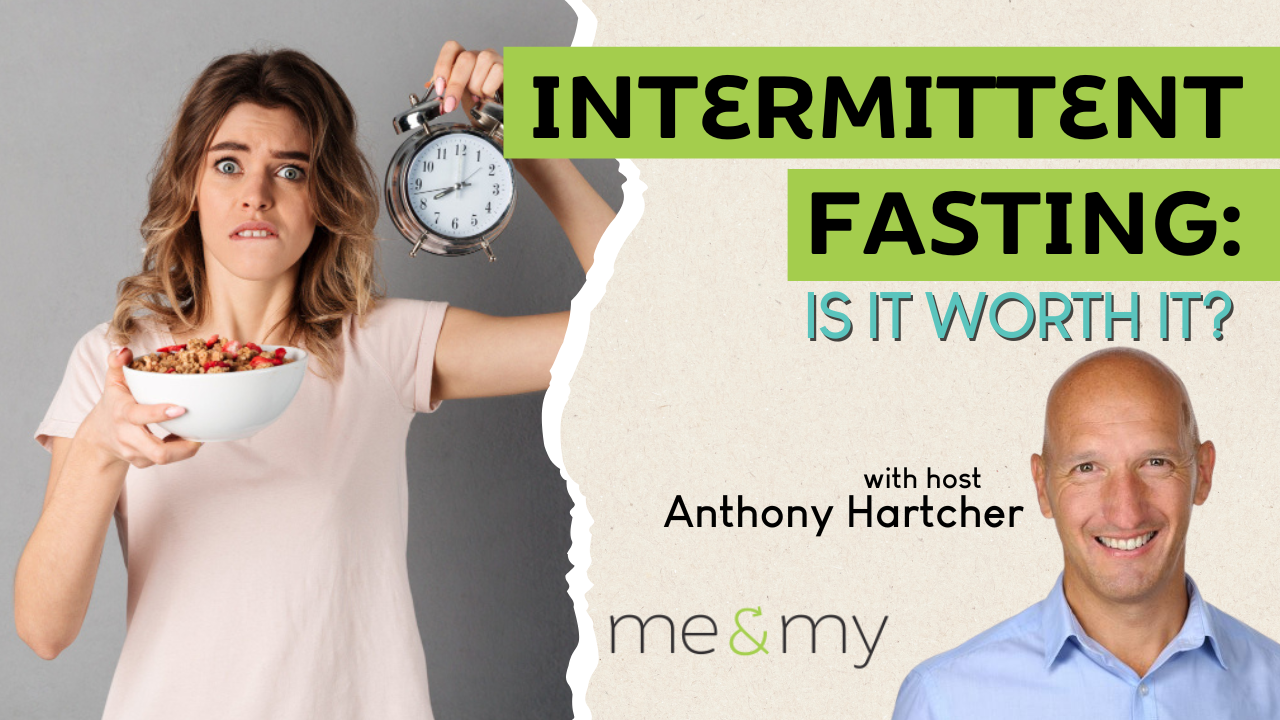Intermittent fasting has emerged as a popular weight-loss strategy, enticing many with its promise of flexibility and simplicity. But does this meal timing technique truly deliver on its health and weight-loss claims? Here’s a breakdown of what you should know:
Understanding Intermittent Fasting
Intermittent fasting involves alternating between fasting periods and eating windows, typically spanning at least 14 hours without food. This approach can take various forms, such as alternate-day fasting, periodic fasting, or the most common method, time-restricted eating.
The Appeal of Time-Restricted Eating
Time-restricted eating, where individuals limit their daily eating to a specific window of 10 hours or less, has gained widespread popularity. By condensing eating into a shorter timeframe, proponents believe it aligns with the body’s internal clock, potentially enhancing metabolic processes like blood sugar regulation and fat metabolism.
Weight Loss Potential
Studies suggest that time-restricted eating may lead to reduced calorie intake, contributing to weight loss. However, larger-scale research indicates that while participants following time-restricted eating did lose weight, the difference compared to traditional calorie restriction was not significant.
Safety Considerations
While early studies suggest time-restricted eating is generally safe, recent research has raised concerns about potential risks, particularly for cardiovascular health. Headlines warning of increased cardiovascular disease risk with time-restricted eating have sparked caution among experts, who urge individuals to consult healthcare providers before adopting such dietary practices.
Conclusion: Proceed with Caution
As the debate surrounding intermittent fasting continues, it’s essential to approach it with caution. While time-restricted eating may offer simplicity and potential weight loss benefits, its long-term effects and safety profile warrant further investigation. Before embarking on any fasting regimen, individuals should seek guidance from healthcare professionals to ensure it aligns with their health goals and needs.
By staying informed and consulting trusted sources, individuals can make informed decisions about incorporating intermittent fasting into their lifestyle while prioritizing their overall health and well-being.



